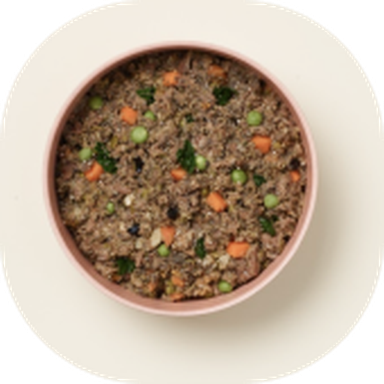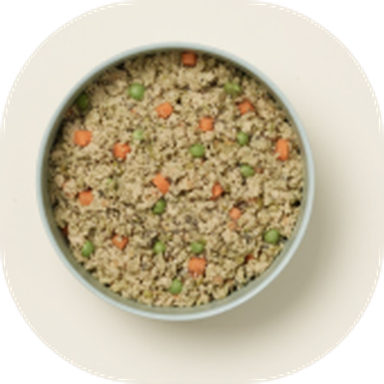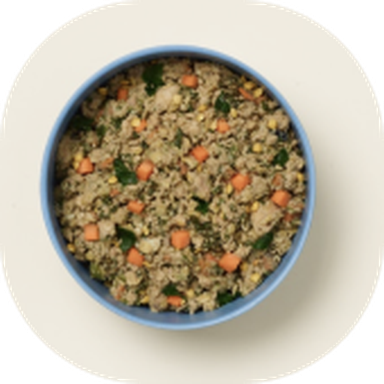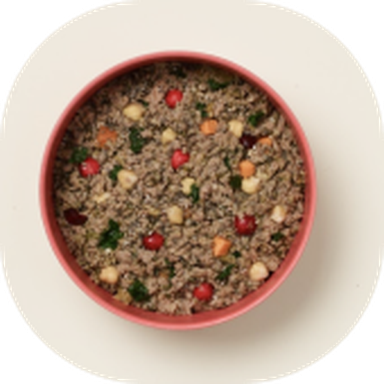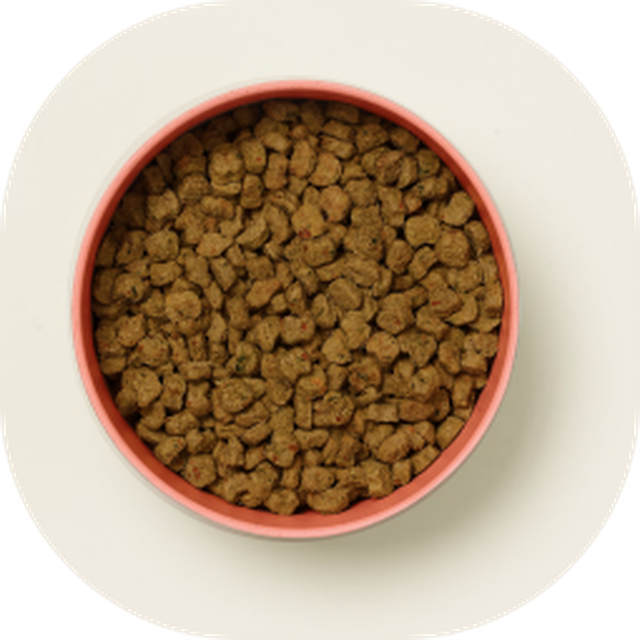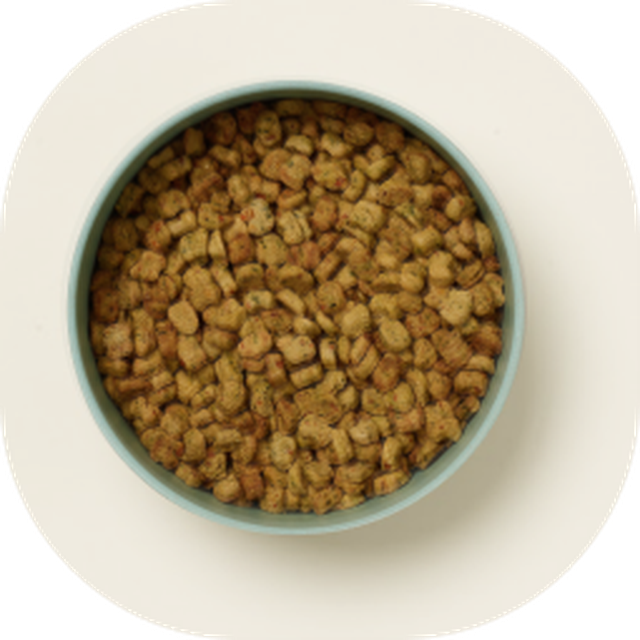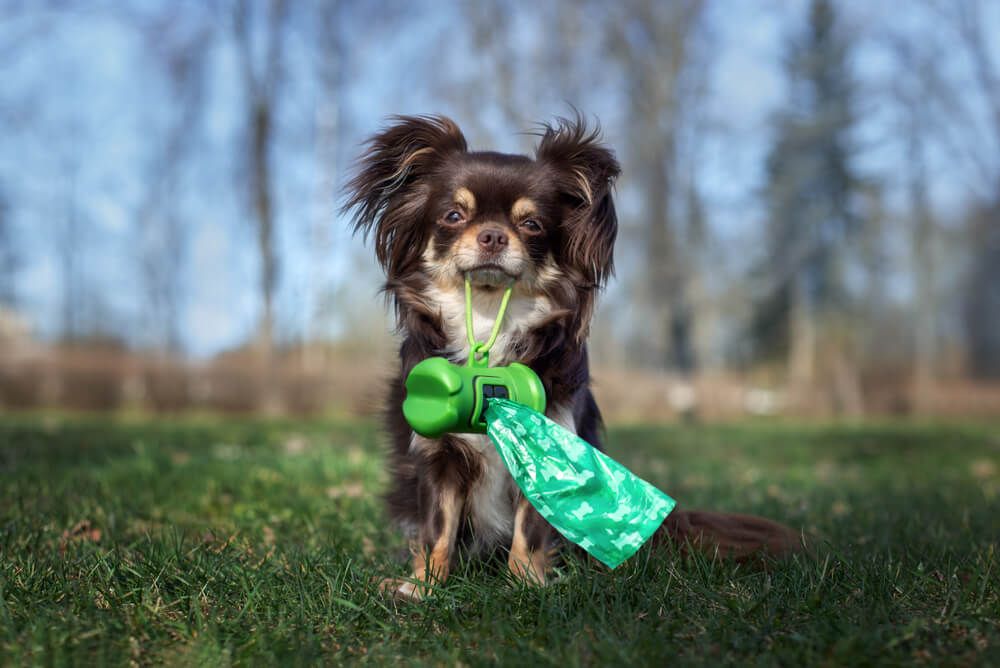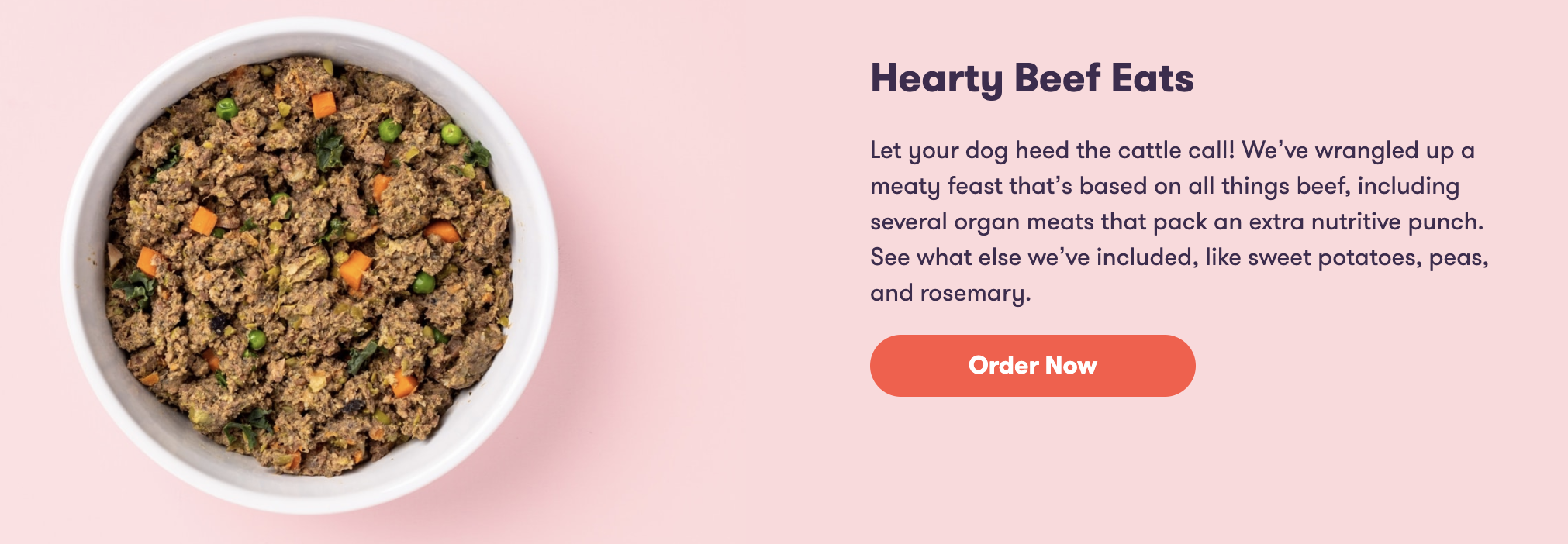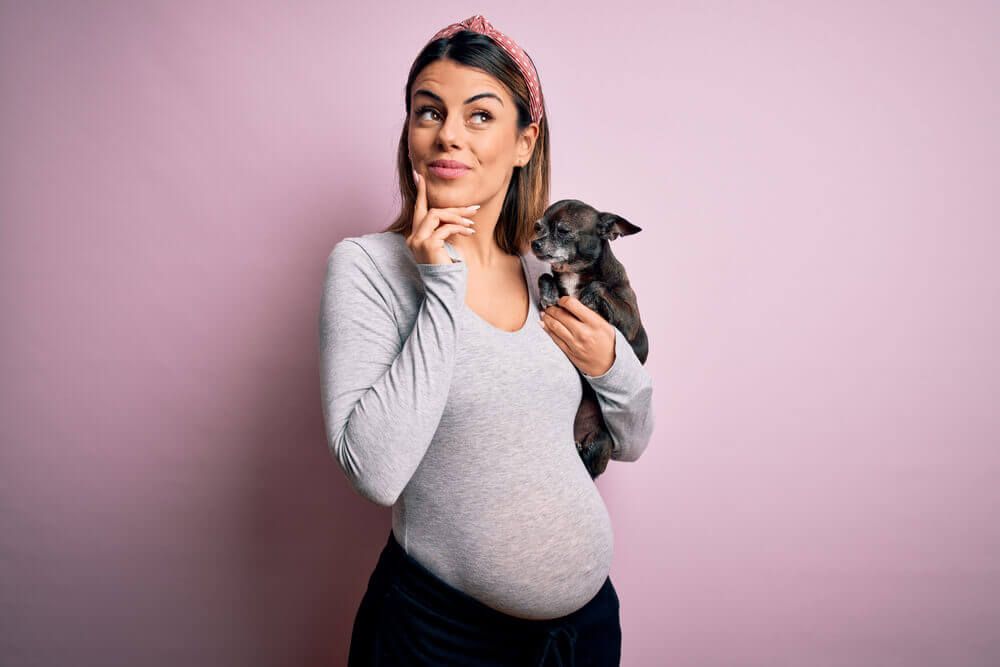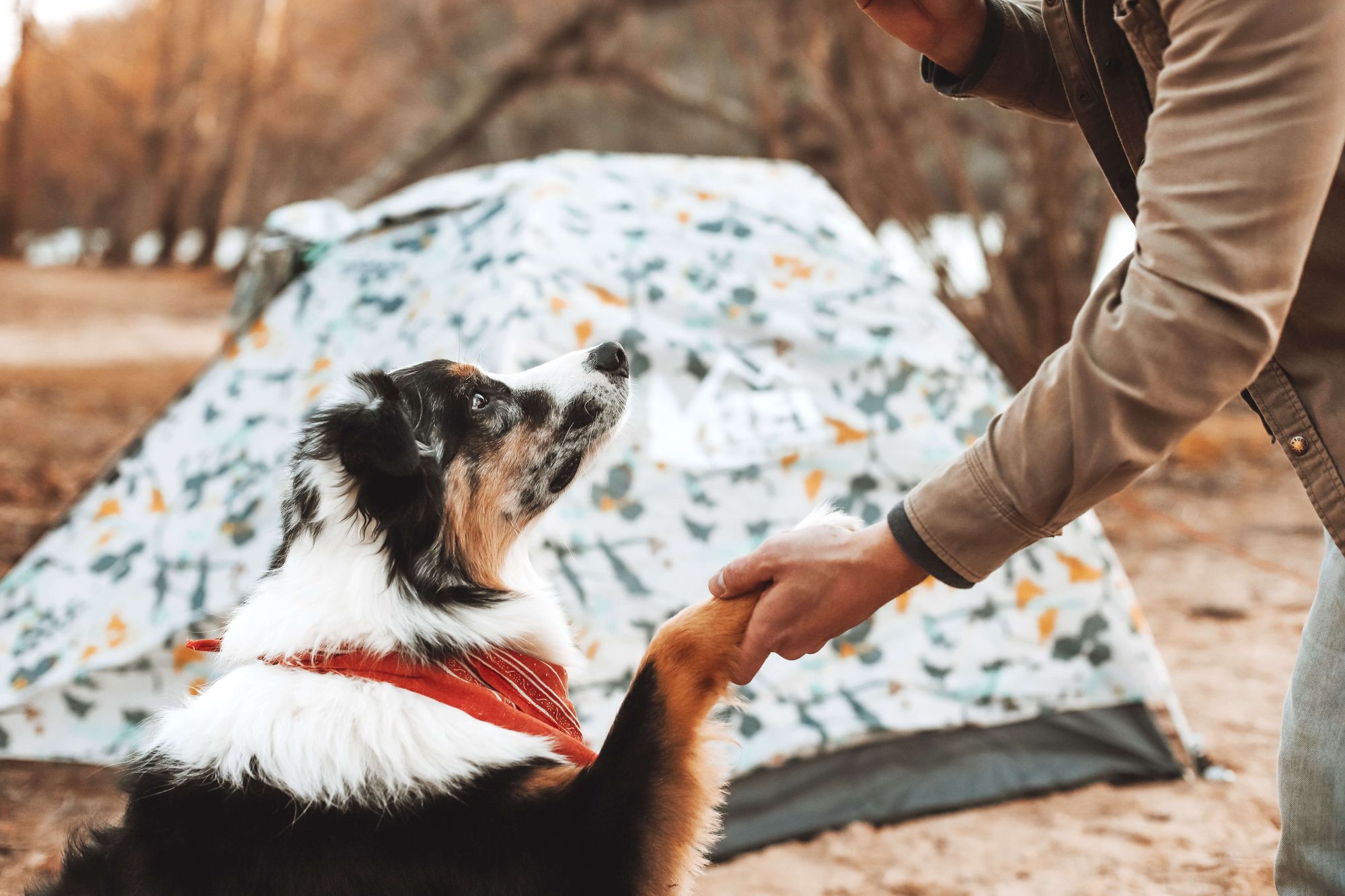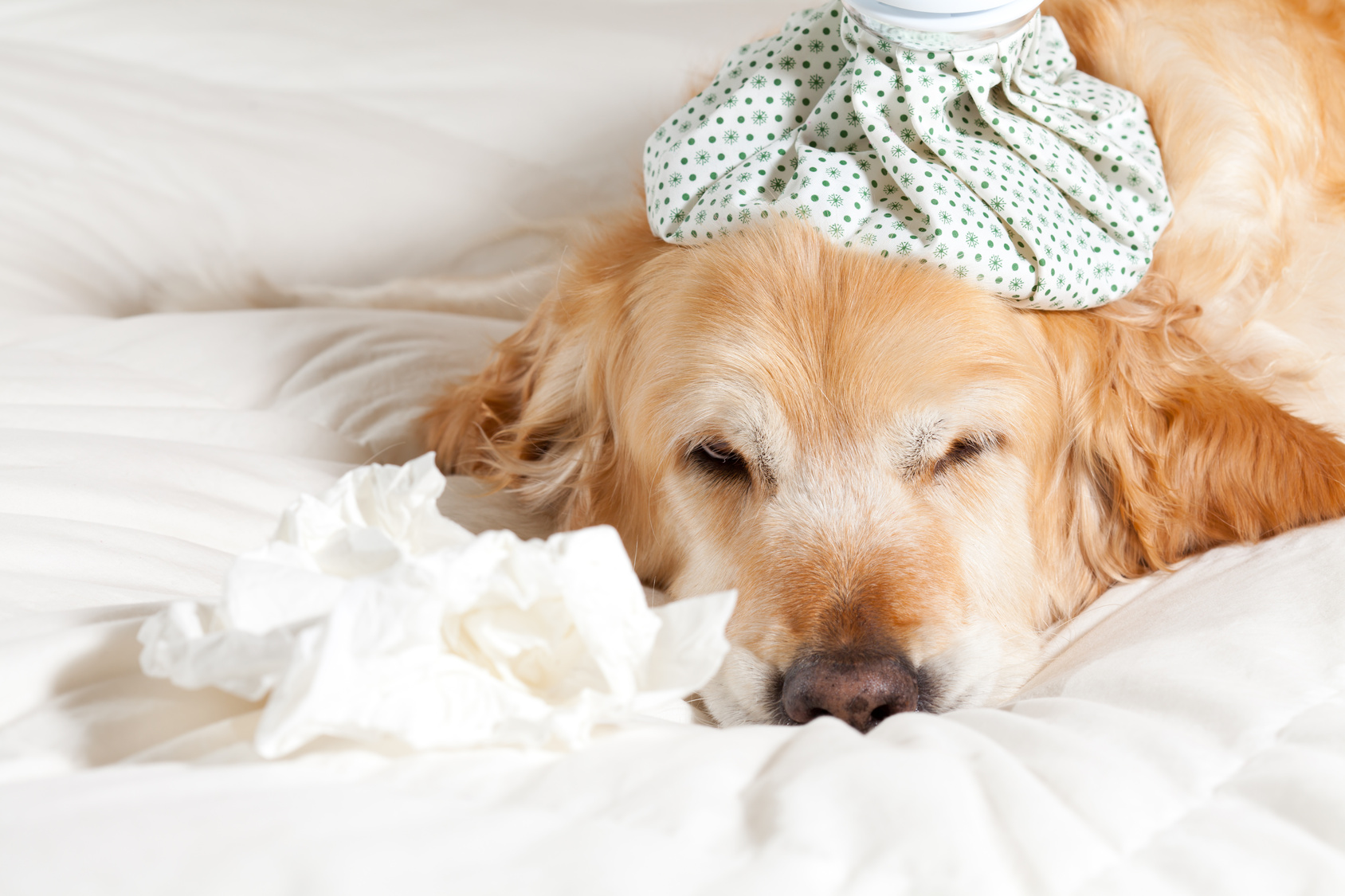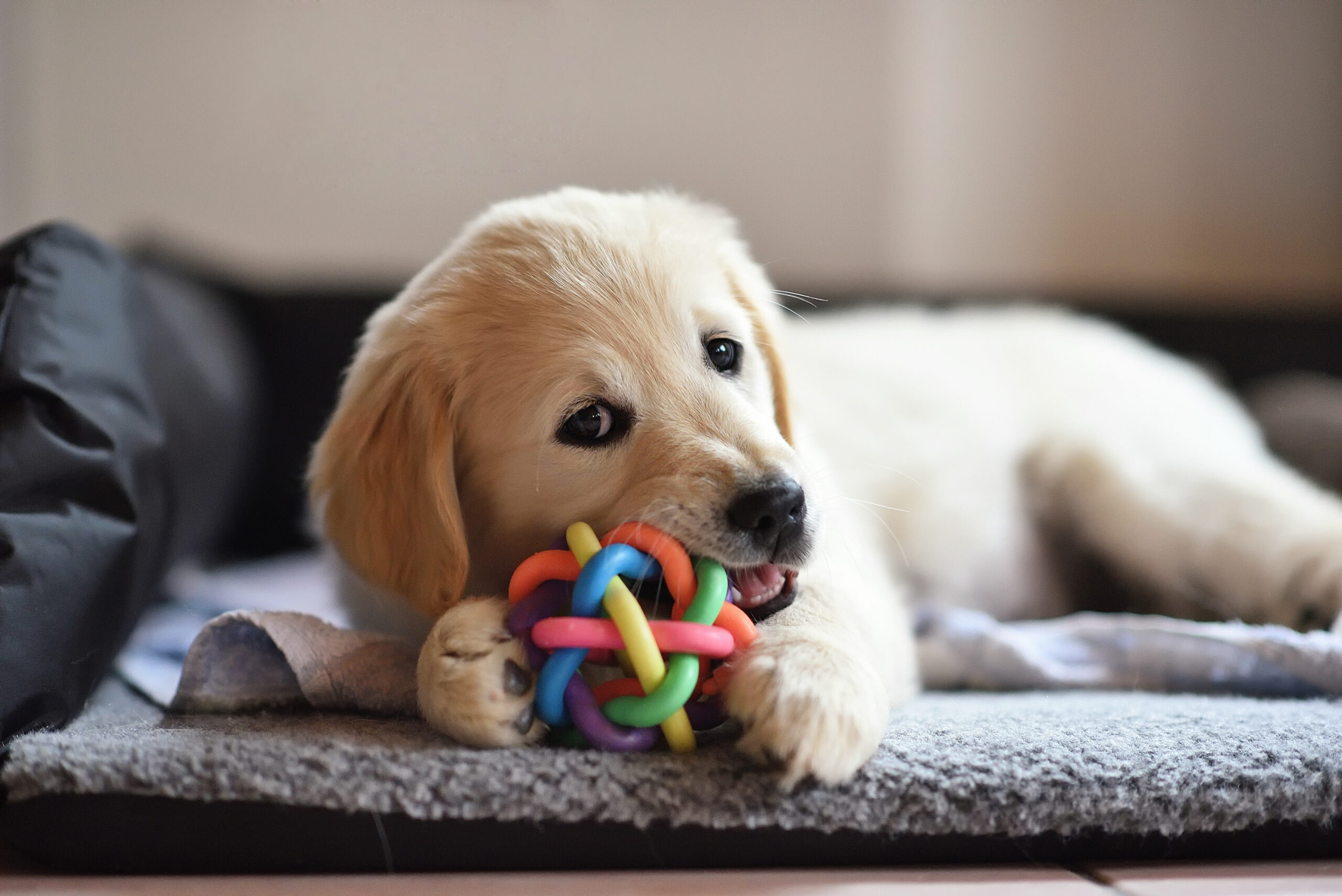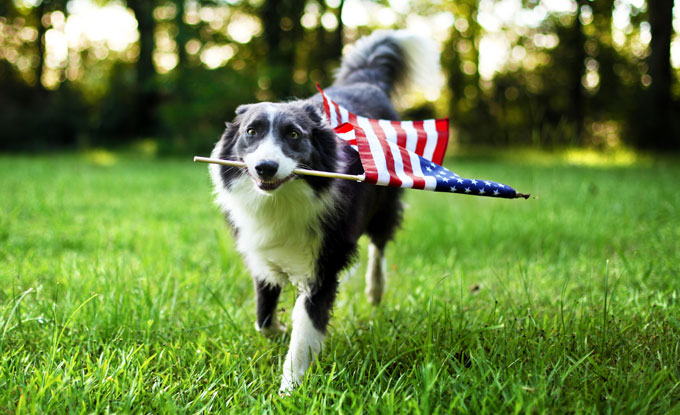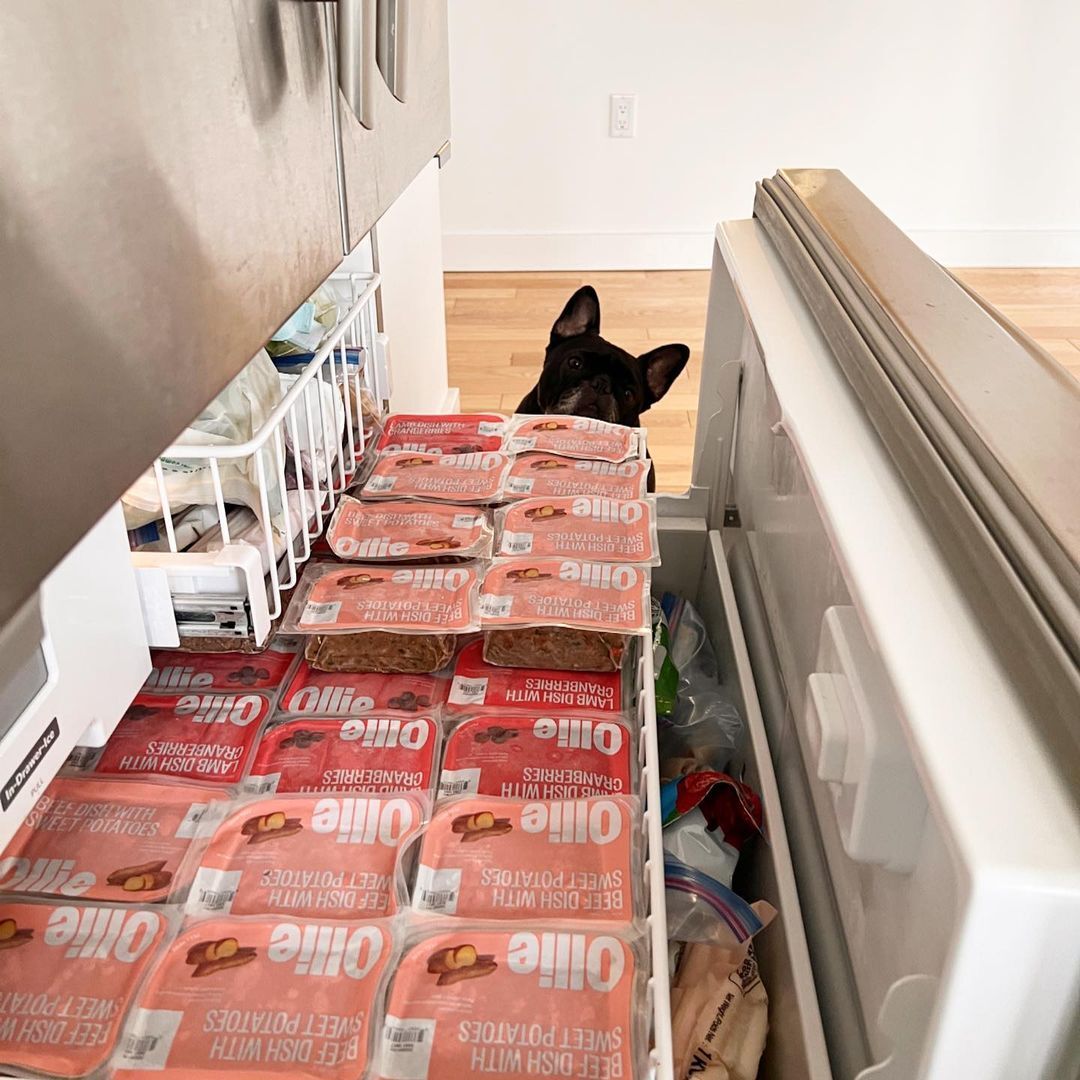Hey Ollie blog readers! We’re offering you an exclusive 60% OFF your starter box! Try now!
If you share a dog with a spouse, partner or another housemate, you might find yourself asking each other if the dog pooped, when the dog pooped or otherwise reporting on the status of your pups poops! No one is really sure why they do this, but we know poop is a good indicator of good digestive health in your dog. Learn more about what makes a good healthy poop and how often your pup should do it!
So, how many times should my pup poop each day?
The actual number of times your pup should poop in a day will vary based on a number of factors. These include their size, diet, activity level, the number of walks they take and their age. Most dogs poop between 1 and 5 times per day. Puppies or older dogs who eat frequent small meals may be on the higher end of this scale. Dogs with health issues may poop more or less depending on the nature of their issues. Most dogs are creatures of habit and will fall into a routine and poop a similar number of times each day, usually around the same time.
If you have concerns about how much or little your pup is pooping, keep track and discuss with your vet. The vet may ask questions about diet and activity to understand if this is healthy for your pup!
How to tell if your pup’s poop is healthy
According to Dr. Jessica Vogelsang, your dog’s doctor will evaluate their stool sample for the 4 C’s:
1. Color
Your vet will expect to see a healthy brown colored stool, that looks like a tootsie roll. Healthy stool gets its brown color from the bile your pup’s digestive system uses to break down the food they eat. There may be some variety to the color based on the food your pup eats and how well hydrated they are. If your vet sees black stool (potential bleeding in the upper GI tract), stool with red streaks (bleeding in the lower GI tract), stool that is grey or yellow like clay (issues with the pancreas or gallbladder) they may express some concern and run more tests to determine the exact cause.
2. Consistency
Like the Bristol stool scale for humans, there is a similar scale that vets use for our pups. The scale goes from 1 (small hard pellets) to 7 (loose runny unformed stool). Ironically (or not actually) the ideal poo consistency for your pup is a number 2! While super hard or super soft stool once in a while is not a major cause for concern if everything else is normal, you should have your pup checked out if their stool is hard or soft consistently or if you see other symptoms.
3. Content
While your vet doesn’t expect you to go digging around in your dog’s poop – someone on their staff will! What they are looking for includes fur, foreign materials, and parasites including worms! Since your pup poops outside, it is important to get a fresh sample that has not been contaminated by outdoor pests or other contaminants.
4. Coating
Your pup’s poop should not have any kind of coating. You should be able to pick it up off the ground or grass easily and not leave much of a mess. A mucous coating on your dog’s poop could indicate large bowel inflammation or diarrhea. If you see a small amount of blood on your pup’s poop it could just be from straining. If you see it more then once, call your vet!
Why might you see changes in your pup’s poop
There are many reasons why you might see changes in the frequency, color, and texture of your pup’s poop. Most of them are nothing to be concerned about and you’ll see everything go back to normal quickly.
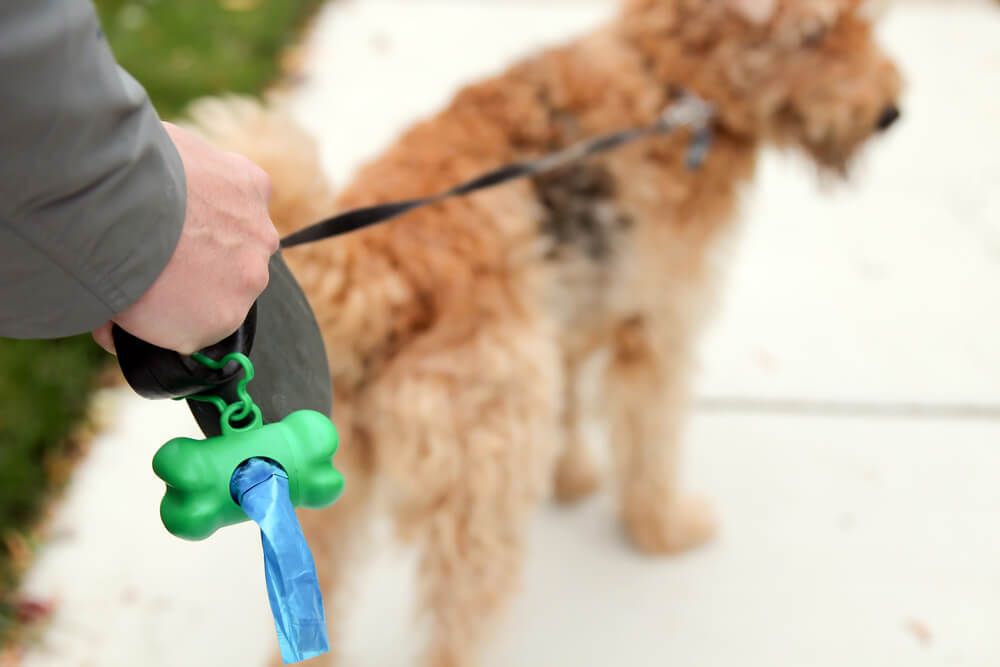
Dietary change
Did you switch your pup from kibble to fresh food, like Ollie? Did your pup eat too many pieces of sweet potato chew or have a marrow bone that is high in fat? All of these are reasons why your pup’s poop might be different. If you made a change to their diet, the change in poop frequency could be the new normal. If you are making changes to your pet’s diet remember to make the change gradually and give your pup’s belly a few days to get used to the new food. If your pup ate too much sweet potato, pumpkin or another delicious treat, you might see some funny colored stool once or twice, but that is nothing to panic about. However, too much fat can lead to an upset stomach and some runny stool. That is one you want to be careful about! Dogs can get sick or gain weight too quickly if their diets contain too much fat. Make sure you know your pup’s daily requirement and try to stay in that range. This includes food and treats!
Stress
If your pup is under any sort of stress or feeling nervous, they may poop more or less frequently or even have diarrhea. Situations where you may see this include bringing home a new rescue, traveling with your dog, any change in their schedule, like if you get a new job and you’re at home less or your schedule is different. Your pup may also get stressed if you have a new baby, a new housemate or even if you move to a new house. If your pups digestive issues don’t resolve in a few days, you may want to reach out to your vet or a trainer to help them manage their stress and feel better.
Illness
Like us, our pups can get sick if they eat something that is bad. Eating something off the sidewalk, digging in the trash or even just picking up a stomach bug that is going around can cause your pup’s poop to be abnormal. If your pup’s symptoms haven’t resolved after 24 hours of a bland diet, you should have them checked out by a vet. Your pup’s doctor may ask for a stool sample to see if they can find the cause of the illness and provide the correct treatment!
Blockage
If your pup seems constipated (can’t poop), is hunching but nothing is coming out, is vomiting or appears to have abdominal pain, you should get them to the vet to be checked for a blockage. This can occur if your pup eats something that gets stuck in their stomachs and can’t come out. Blockages are commonly caused by pups swallowing toys, rawhide, sticks, rocks or other household items. To prevent blockages, provide toys that are size appropriate for your dog and supervise your pup closely when chewing treats, bones and bully sticks.
What do I do if my pup is having diarrhea or constipation?
While a little digestive distress is a fact of life for most of us including our pups, there are definitely some things you can do to help your best friend feel better fast. These include switching to a bland diet, offering some pepto bismol (ask your vet first), and keeping your pup hydrated. When it comes to a bland diet, you can offer rice with either boiled chicken or hamburger meat (use lean meat as the extra fat can further irritate your dog’s stomach), pumpkin puree (not pumpkin pie filling as it has sugar and spices your pup can’t have like nutmeg), or some homemade bone broth. Ollie’s chicken formula can also be a good option to help settle your pup’s stomach.
If you feel something is out of the ordinary, your pup has other symptoms like bloating, vomiting, trouble walking or anything else that is making you feel concern, contact your vet and get your pup checked out. It is always better to err on the side of extra caution, especially since your pup can’t tell you what hurts!
The Ollie blog is devoted to helping pet parents lead healthier lives with their pups. If you want to learn more about our fresh, human-grade food, check out MyOllie.com.
Tagged As:

The nutrition your dog needs,
the food they want.

Enjoying our articles? Subscribe our Newsletters and get new articles directly to your inbox
You might also like
20 June 2024
9 MINS READ
Owner Guide: New Puppy Checklist
Welcoming a new puppy into your life and home is an exciting time filled with “firsts,” but this magical time also requires careful planning to ensure a positive transition for your pup. Prepa…
by Ollie Pets
22 June 2023
6 MINS READ
Why Are Dogs Scared of Fireworks? How to Help Your Dog Cope With Fireworks Anxiety
Fireworks may be summer’s soundtrack, but these loud and sudden noises signal terror for many noise-sensitive pups. Learn why dogs become so rattled by fireworks and how you can help your pup fee…
4 March 2023
2 MINS READ
Tips for Organizing Your Ollie
Keep your pup’s mealtime routine neat and tidy with these organizing tips and tricks from the Ollie pack.
by Ollie Pets
